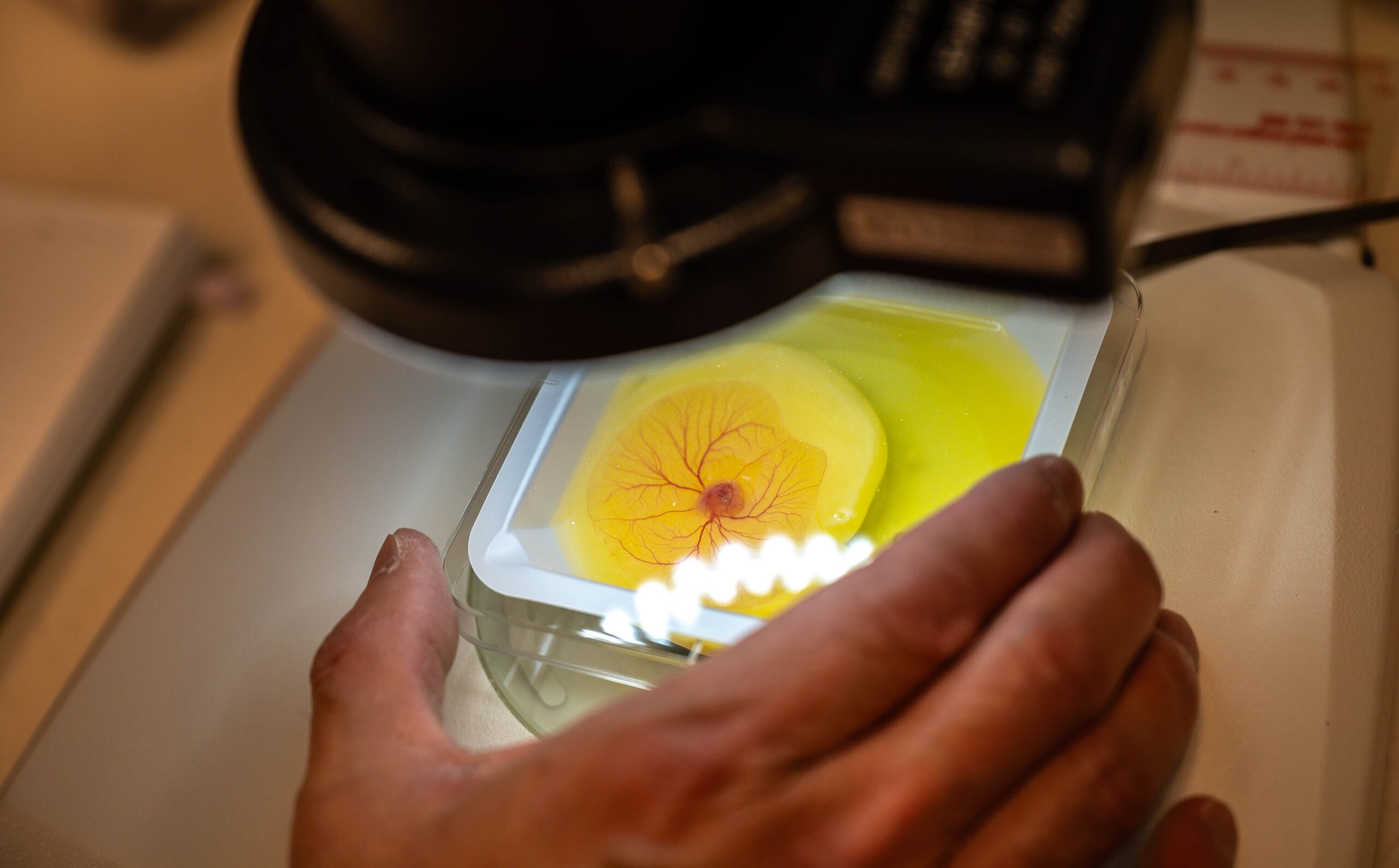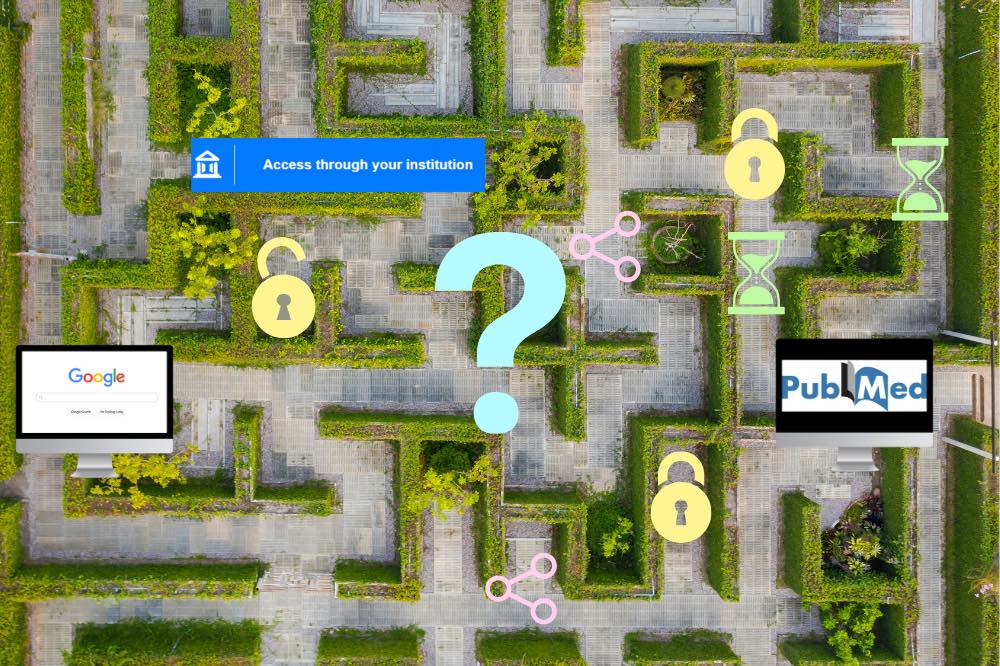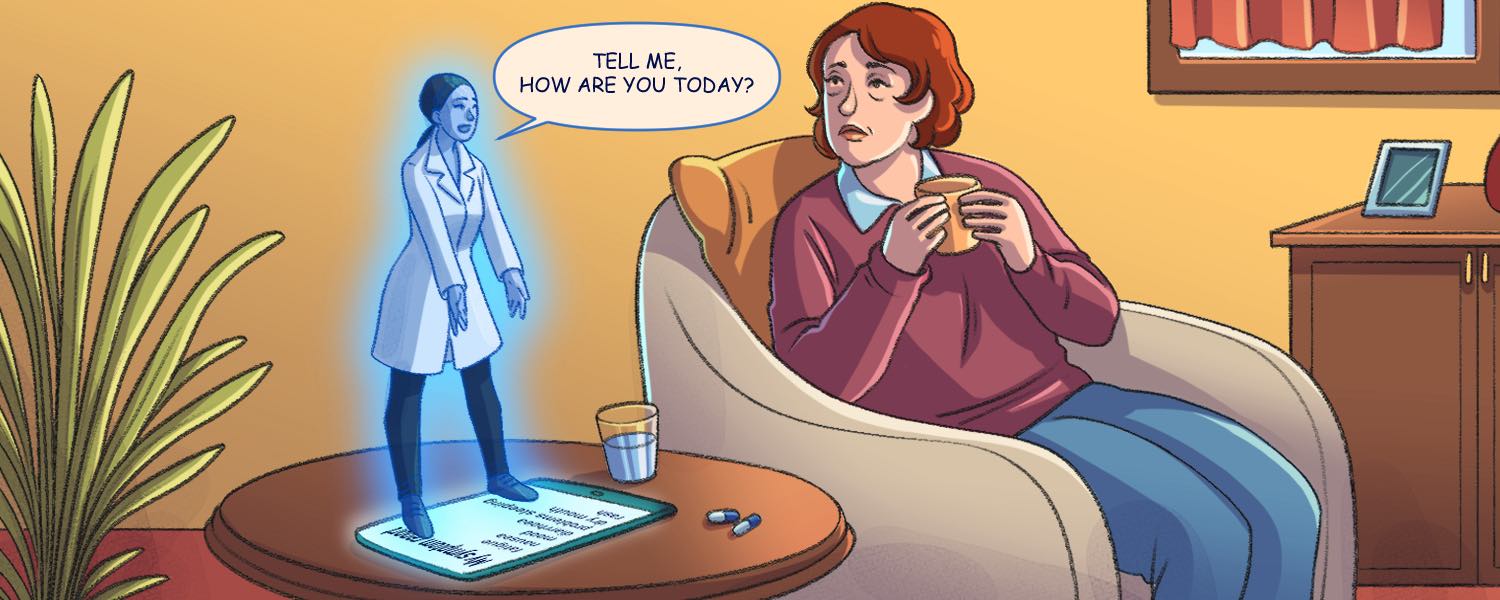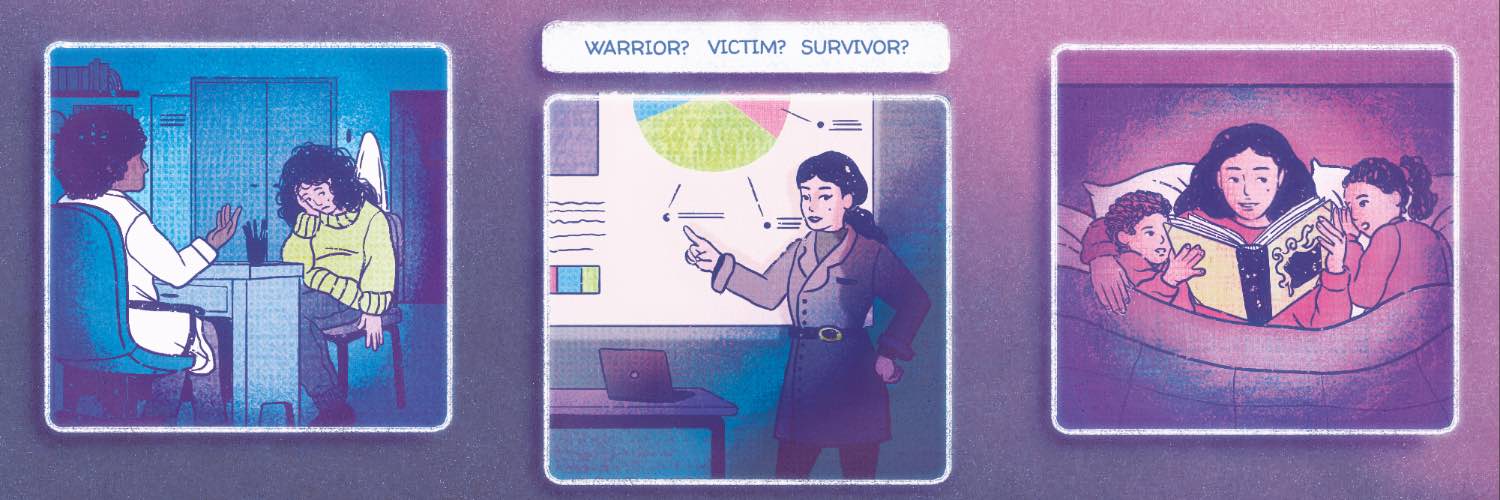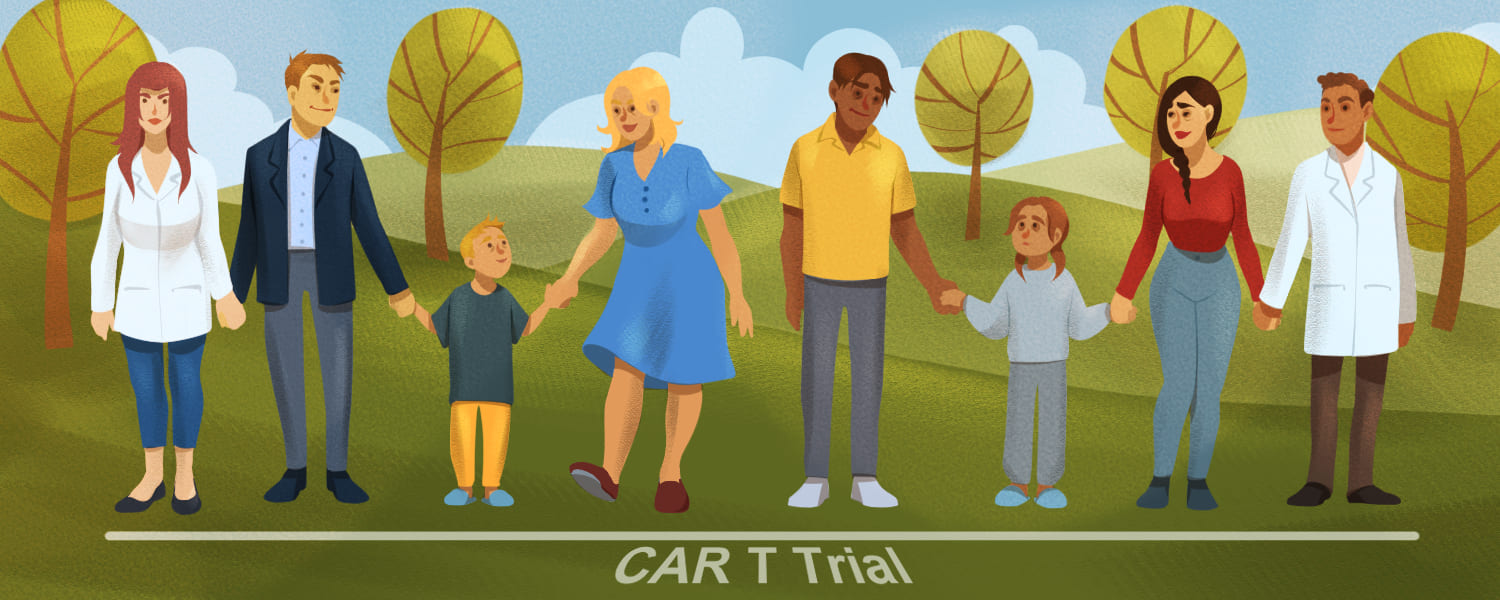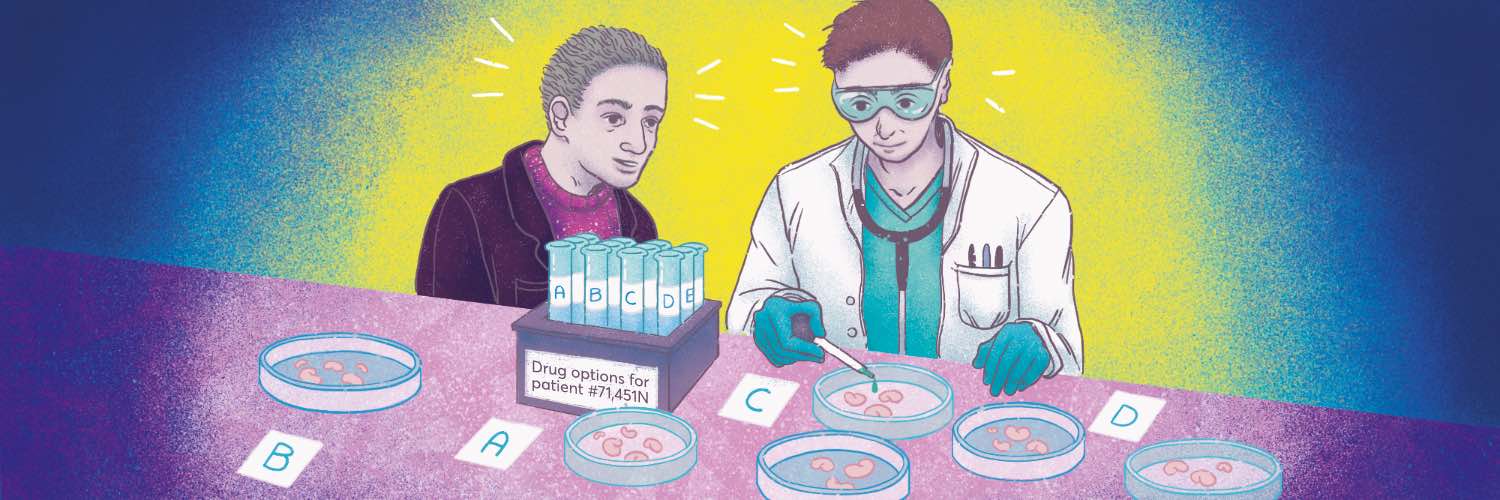Posts by author
Victoria Forster
Meet the Man Decoding the Origins of Cancer
Many people diagnosed with cancer often wonder what “caused” their disease and whether they could have done anything to prevent it. Typically, the risk of developing cancer is determined by a combination of genetics and environmental exposures, causing errors in…
How a Chicken Egg Model Could Transform Pediatric Cancer Treatment in Canada
A new, innovative pipeline fusing genomics, proteomics and modelling in animals and chicken eggs is pinpointing new treatments for children with rare and relapsed cancers in Canada. Researchers in Canada have used fertilized chicken eggs to grow tumors from children…
Academic publishing is a maze of tests and barriers for patients as researchers and readers
Once solely engaged as participants in academic studies and research, patients are increasingly becoming more involved at several stages of the research process. From helping large organisations assess grants and prioritise funding calls to participating actively in teams running research…
Regular symptom reporting can help your patients live better, and possibly longer
An older woman receiving treatment for breast cancer sits at home wondering whether to call her physician and go into the hospital. She’s on a new dose of a drug which she hasn’t had before and is struggling with nausea.…
Hero? Survivor? Using the right words matters, but it’s not always straightforward
A new survey of 1,871 people living with cancer in the UK and US has revealed significant differences in the terms that they would like to be used to describe themselves. Descriptive terms such as “victim,” “sufferer” and “cancer stricken”…
New options to protect long-term health of children treated for cancer
Childhood cancer is considered a success story of modern medicine, with more than 90% of children now surviving long-term in high-income countries, up from just 10% 65 years ago. Yet many children who survive their cancer go on to experience…
CAR T cells v chemo for childhood leukaemia: are we ready for the next step?
Chimeric antigen receptor (CAR) T cells, genetically engineered immune cells targeted to attack cancers, are one of the most exciting breakthrough cancer treatments in oncology today. After decades of incremental development, its clinical efficacy was shown in 2010, with the…
Black in Cancer holds inaugural conference in London
A new organisation set up to amplify Black voices and contributions to oncology is making its mark, two years since its foundation. An inaugural London conference in October, supported by Cancer Research UK, included presentations by Black researchers, career talks…
How organoids could help match treatments to tumours
When diagnosed with cancer, few things are more important than having confidence that the treatment you are prescribed is the best possible option for you. For many cancers, particularly the more common ones, the evidence for choosing one option over…


